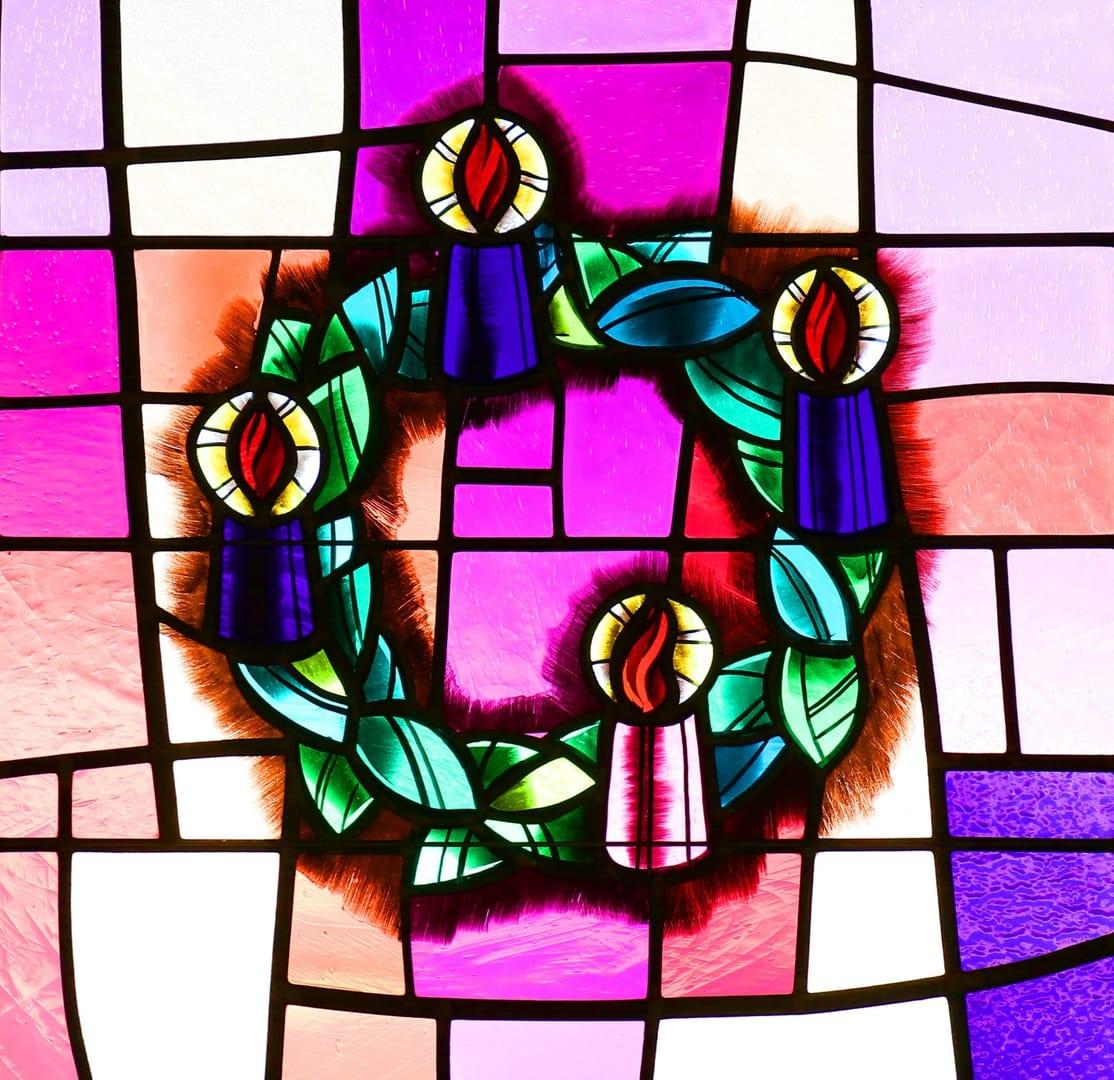In the Gospel reading from the Catholic Mass this weekend, we are faced with two expectant mothers and two preborn children. Mary, a young virgin with child, goes to her relative Elizabeth, an older, formerly barren woman, who was also with child. One is a miracle early in life, while the other is a miracle at the end of life.
Both are powerful miracles, and both are received with great joy. They are shared with mutual joyful spirits between these holy women. This joy was not simply between the mothers, however, but was also shared by the unborn children. We are told in the gospel that Saint John the Baptist leaped for joy in Elizabeth’s womb when he heard Mary’s voice and felt the presence of Jesus Christ.
We can only imagine the scene traditionally called the Visitation. Two joyful mothers. Two happy children. Beautiful and triumphant.
Saint Elizabeth gives expression to the jubilation of the moment by praising Mary for both her faithfulness to God and her vocation in the plan of salvation: “Blessed are you among women, and blessed is the fruit of your womb. And how does this happen to me, that the mother of my Lord should come to me?… Blessed are you who believed that what was spoken to you by the Lord would be fulfilled.”
These words of Elizabeth indicate the substance at the very heart of the exultation shared by these two holy women and these two unborn children. It is an openness to God, a trust in his care for us, and a willingness to do whatever good is asked of us that lead us to an elation that does not end.
In our world, laughter can be cheap. Comedians rely on profanity or crudeness to be funny. People are humored by vice and entertained by shock jocks. Such glee is short-lived, however, and leaves us empty. In contrast to such fleeting bliss, the words of Saint Elizabeth point us in a different direction. The holy woman, echoing the wisdom of the gospel, tells us that joy can be eternal when it’s grounded in virtue and leads us beyond ourselves. She lived this joy, and we see a glimpse of it in her encounter with Mary and the unborn Jesus.
This scene of the Visitation carries many lessons for us. It provokes strong questions. And so, as we near the end of Advent and prepare for the birth of Jesus Christ, it’s good for us to ask: Where do we ground our joy. Have we bought into the idea that vice is a nice concept? Do we laugh at shameful things that embarrass or hurt other people or their reputations? Or do we expect more? Do we call for an elevated source for our joy?
The gospel reminds us that we were made by God in his image. As such, we were made to be happy. Our happiness is found in God, and in the things that manifest his light and goodness in our world. These are the things that give us true delight. These are the things that persevere. They are the eternal things that infiltrate our sufferings and sorrows and bring us joy even in the midst of passing woe and sadness.
In contrast to the low-end approach to life and its experiences, we are invited to experience holy fellowship, to share in true relationships, to love and be loved, to trust in God, and to do the good that he asks of us. In these ways, and in others that reveal God’s benevolence to us, we are able to shatter the darkness and misery of our fallen world and to receive and to share with others the unshakable joy of God’s kingdom.
This is one of the pressing invitations of the Visitation and of the Fourth Sunday of Advent. It’s an invitation that, if received, will lead us with open hearts to the manger of Bethlehem.
As Christmas quickly approaches, there are no better sentiments of heart and no greater state of soul than that possessed by the person who has heard this message and has chosen to pick it up and live it. It is such a soul, which labors to be happy, that will receive in spiritual abundance all that it desires from the newborn King.
















